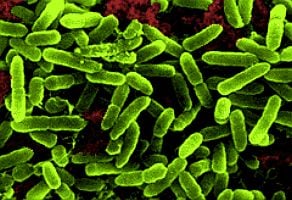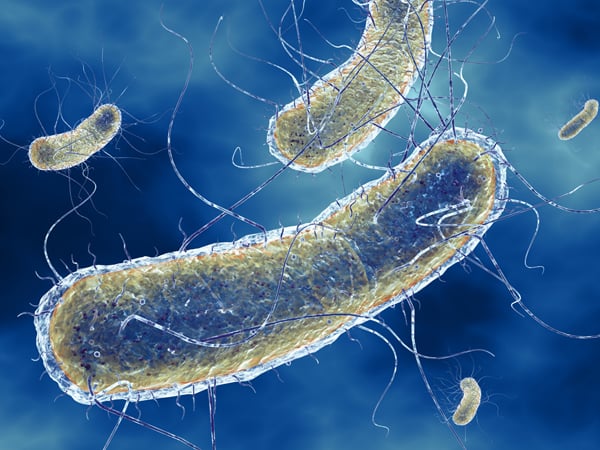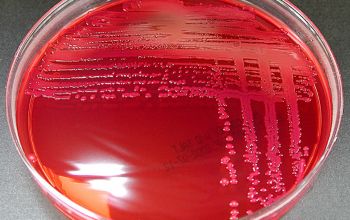Preserve the Power – taking the fight against antimicrobial resistance to the big screen
Attention, movie fans and aspiring filmmakers of Australia – a generous cash prize is on offer for the winners of a national short film competition, called ‘Preserve the Power’. The contest, created in partnership between NPS MedicineWise and American Express Openair Cinemas, is intended to spread awareness about the danger of antimicrobial resistance (AMR). Each … Read more



